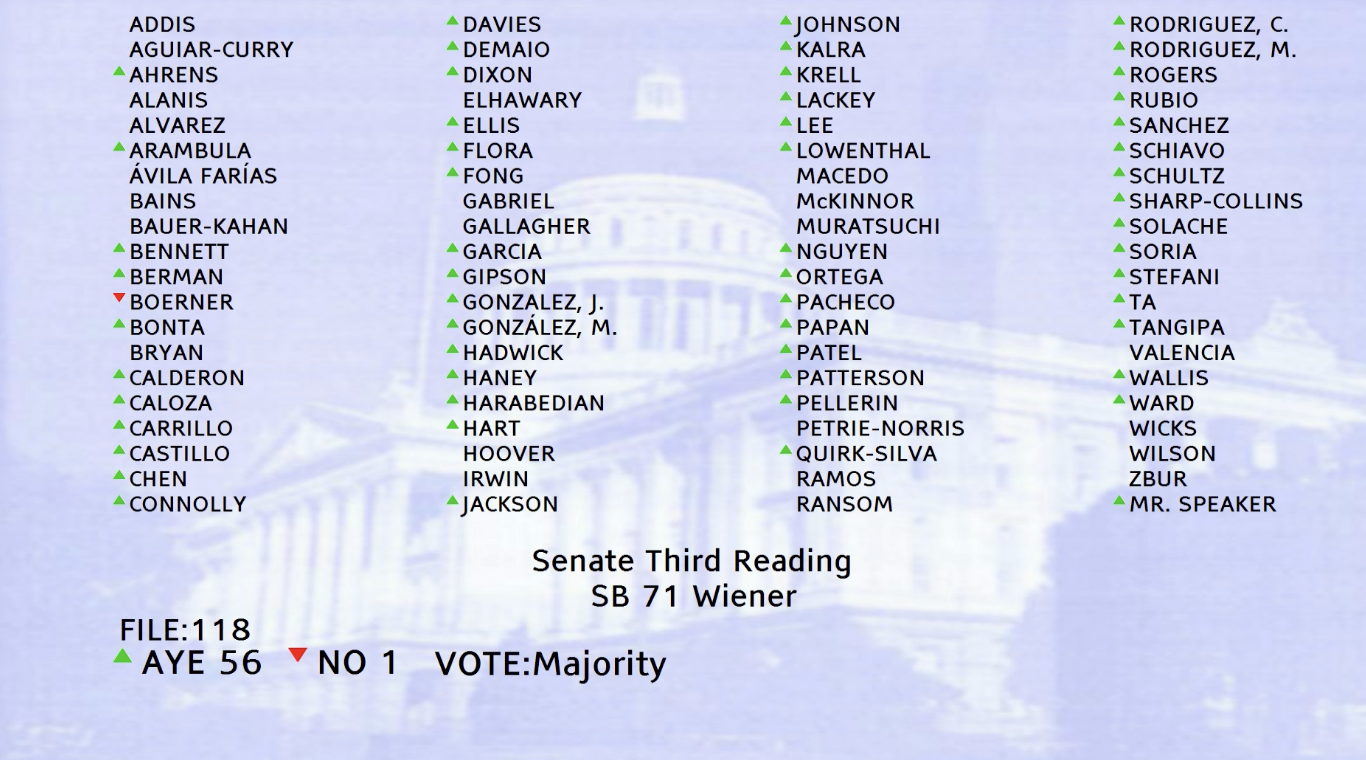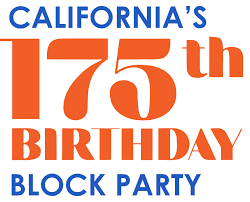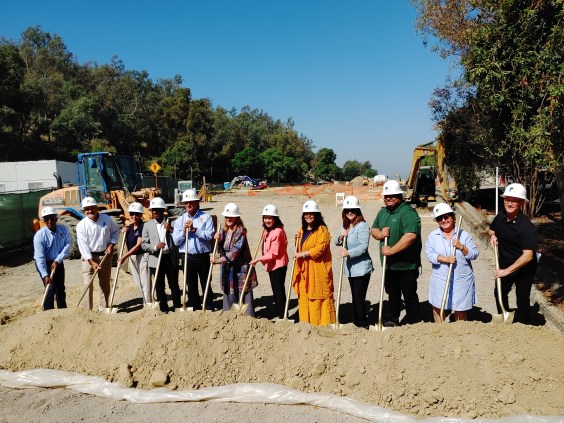
Wednesday evening some 130 local residents and other interested parties dropped in at the San Francisco Day School to learn about the construction phase of SFMTAs Masonic Avenue Streetscape Project. To quote SFMTA's own release about the project:
With construction starting in June 2016, the Masonic Avenue Streetscape Project is an effort to improve safety for people walking, biking, taking transit and driving on Masonic Avenue between Geary Boulevard and Fell Street. It will bring a variety of improvements to the corridor including, wider sidewalks, a new median, new paving, landscaping, raised bikeways, better lighting and upgraded sewer infrastructure.
The meeting was primarily to let local residents know what to expect from the jack hammers and traffic delays they will experience from June through late 2017, when construction is scheduled to be completed.
Michael Helquist, an advocate with "Fix Masonic" who helped raise support for the changes over the years, was thrilled. "This took several years of going door to door to build support," he said. "Safety is my biggest concern."
And, indeed, this is a corridor that needed it. Also from SFMTA's data:
From 2009 to 2014, there were 113 traffic collisions on Masonic Avenue between Fell Street and Geary Boulevard. This includes 14 pedestrian collisions and 24 bicycle collisions, including two fatalities.
That said, not everyone at the meeting was enamored with the project; the loss of around 140 parking spots was the overriding issue. Hazel Reitz has lived on Golden Gate, off Masonic, for the past 10 years. "It will be much prettier, but we don't have parking," she said. "We have nowhere to park now," exclaimed Niul Hayes, a construction contractor who struggles to find a place to park his pickup truck. "This will mean chaos and mayhem."
Still, the project is about safety, and most visitors understood that compromises have to be made.
Reitz, for example, thought it was worth giving up the parking if it would save lives. However, when asked if it would be worth sparing one cyclist a broken arm every ten years, she responded: "I'd have to think about it." Others made the circular argument that cyclists don't use Masonic, so therefore there's no reason to add bike lanes. "Put it on Baker (or whatever other parallel street)!" was a refrain from the visitors.
Others, such as Alexis Jakob, complained that nobody notified her or any of the other residents of the project during the planning phases, which started in 2008. "This was a done deal with the SF Bike Coalition," she said.
"I know the city sent notices to everyone. You can't force people to read what comes in the mail," said Helquist. "There's always someone in San Francisco who will say we can't live with that if we have to give up parking."

That said, the San Francisco Bike Coalition also isn't entirely satisfied with the plan. "City planners know how to design streets that prevent people from intermingling in ways that are more likely to make them feel scared, angry and unsafe. Protected bike lanes are the answer," said SFBC spokesman Chris Cassidy. "It's long past time that the City started listening."
The Masonic project's bike lanes will be raised two-inches above street level, but there's no barrier to keep cars from intruding on them. That seemed a little strange, since the project calls for eliminating the aforementioned parking lane and includes wider sidewalks, so surely there's adequate space for a buffer or barrier. They could even flip the bike lane with the treeline, to provide full protection. One SFMTA official said that would increase the $26 million cost of the project.

It's also odd that no thought was given to protected intersections, which make things safer for all road users by slowing traffic and giving people a chance to react to potential conflicts. There are intersections on the Masonic project that still wedge cyclists between turning lanes and straight lanes, inviting more incidents such as happened to Tim Doyle last week, when an SFPD cruiser in the right lane suddenly swerved left into the bike lane and struck him.

Still, it will be a vast improvement both in the street and, perhaps, in civic attitudes. Nearly everyone was pleased at the additional trees, even Reitz who demurred on accepting the occasional broken bone to preserve parking. The additional street trees, bike lanes, and lane reductions will, hopefully, help reduce the number of collisions on this busy thoroughfare. The wider sidewalks, lighting and trees are a great improvement for pedestrians. SFMTA is also building boarding islands for buses that should reduce conflicts.
In the meantime, it might be an area to avoid for a while for all road users. Jackhammers and shovels start turning next month.






